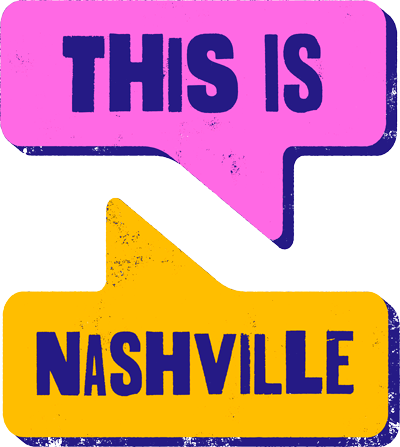
Monti Herring had a hard entry to Tennessee. He says he was homeless and strung out. And he had survived at least one suicide attempt.
“I went to the Nashville Rescue Mission,” he says. “I have been clean and sober since 2007.”
He’s now a Regional Overdose Prevention Specialist, or ROPS, for STARS Nashville.
As a ROPS, he’s responsible for leading trainings on substance misuse and opioid overdoses. When Tennesseans overdose on opiates, which is happening with unprecedented frequency, Naloxone can bring them back from the edge of death. Despite common perception, Tennessee overdoses occur not only with illegal substances and usage, but with accidental overdoses, like someone forgetting they already took their medication or a child finding some pills.
More: Tennessee health officials say overdoses are surging, and disguised fentanyl is to blame
 Tasha Lemley WPLN News
Tasha Lemley WPLN News“We can’t fix the past, but we can try to help somebody,” Monti Herring says.
Herring’s big push lately has been to convince workplaces to let him bring in his training. Still, for many people, he says there’s a stigma to intervening and saving the life of someone overdosing from an illegal substance.
“You have to understand that — yes, you know — this individual should stop whatever they’re doing, and that individual knows they should stop. However, today may not be the day,” he says. “And so understanding that and meeting the individual where they are, and saying, ‘OK, we both know you should stop. Today’s not the day. However, what’s the next best thing that I can do for you is make it safer.’ And that, in a nutshell, essentially is harm reduction.”
As part of his harm reduction work keeping people alive until they can make more changes, Herring distributes state-funded Narcan inhalers. If someone is overdosing, another person can safely administer the drug, and it might stop that event. Still, he’s experiencing hesitation from businesses he’s approached. Some are worried about potential liability.
But, Herring says businesses are covered when it comes to administering Narcan.
“And once they’ve been trained and certified, they’re covered under the Good Samaritan act,” he says.
 Tasha Lemley WPLN News
Tasha Lemley WPLN NewsMonti Herring wraps up a recent overdose prevention training at the Antioch Public Library.
Herring knows well there’s a stigma that goes along with helping someone with an addiction, since they’re often seen as at fault and loved ones don’t want to enable harmful behavior.
“You know, the person is still alive,” he says. “The person is still here. We want to breathe life into them. And sometimes people say, ‘Well, they just don’t care about us,’ and I try to come back and say, ‘Trust me, the individual does care.’ Individuals with substance misuse, they care a lot, and that’s a big part of this vicious cycle.”
Herring speaks from his personal experience when he says someone breathed life into him back in 2007 at Nashville Rescue Mission.
“Everybody that is a ROPS, somebody at some point, or more than one person, breathed life into them, told them they could do it,” he says, “and we’re trying to do the same thing.”
To make sure there aren’t other barriers to the training, Herring provides it for free, and it can even be done virtually.
The next public training on overdose prevention is bilingual and focused on Latino military veterans. It’s happening Nov. 11 at 10 a.m. at the Nashville Rescue Mission. Herring says any businesses interested in staff training should call STARS Nashville, or reach out to him directly at [email protected].


